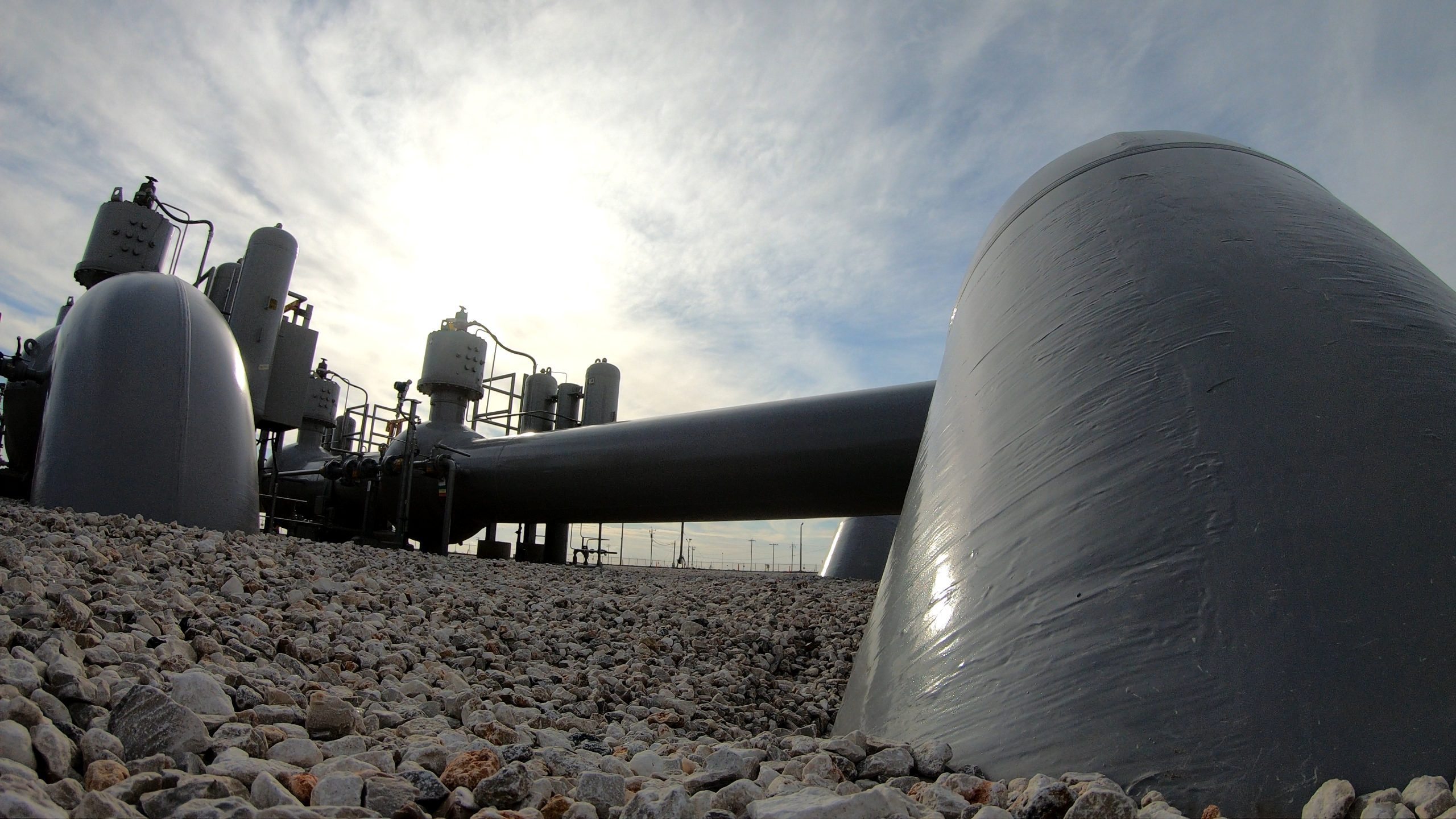Cleantech innovators in Canada and around the world are being invited to compete for development funding from Canada’s natural gas industry.
NGIF Capital, along with the International Gas Union, has kicked-off a $10 million Global Cleantech Challenge.
The challenge is a call for startups that have technologies to improve the industry’s environmental performance to access grants, industry validation, development, and potential customers. Each demonstration project undertaken in Canada is eligible to receive up to $1 million.
“We are looking for cleantech start-ups that are close to or at commercialization and would view Canada as a pathway to a new market with a large energy sector,” said John Adams, CEO of NGIF Capital, a subsidiary of the Canadian Gas Association (CGA).
Ekona Power, a Vancouver company, plans to enter the challenge with a special method of producing hydrogen from natural gas with 90 per cent lower emissions than conventional technology. Ekona has previously received two grants and an equity investment from NGIF Capital.
Today, about half of the world’s hydrogen is generated from natural gas, according to the International Renewable Energy Agency. Many producers are looking to established carbon capture and storage (CCS) technology to reduce emissions, where CO2 is safely removed deep underground.
Instead of producing CO2, Ekona says its hydrogen technology generates solid carbon that can be easily stored or utilized.
“We can leverage Canada’s abundant low-cost natural gas to enable scalable low-cost hydrogen production that’s clean,” said Gary Schubak, vice-president of business development and government relations with Ekona. “It’s not zero emissions, but it’s highly reduced greenhouse gas emissions.”
The company is planning an Alberta-based pilot project in 2024.
“NGIF has been our partner right from the beginning,” he said.
The cleantech challenge is funded by 14 Canadian energy companies and supports de-risking clean technologies through field trials and pilot projects. In addition to hydrogen, potential focus areas are carbon capture, utilization and storage, methane mitigation, energy efficiency, emissions monitoring, waste heat utilization, and water management to improve efficiency.
“This feeds into a better society with Canadians and countries around the world accessing affordable, reliable, and cleaner natural gas energy with continued energy security,” said Adams.
NGIF expects 70 per cent of participants will be Canadian.
“We are also looking at renewable natural gas, which is environmentally very friendly,” said Akhil Abat, vice-president of technology, strategy, and delivery with NGIF. “Hydrogen is also something we are keen on. We are also looking at micro combined heat and power from a residential standpoint.”
Winners of the challenge will be announced at the IGRC 2024 conference in Banff.
The unaltered reproduction of this content is free of charge with attribution to Canadian Energy Centre Ltd.
